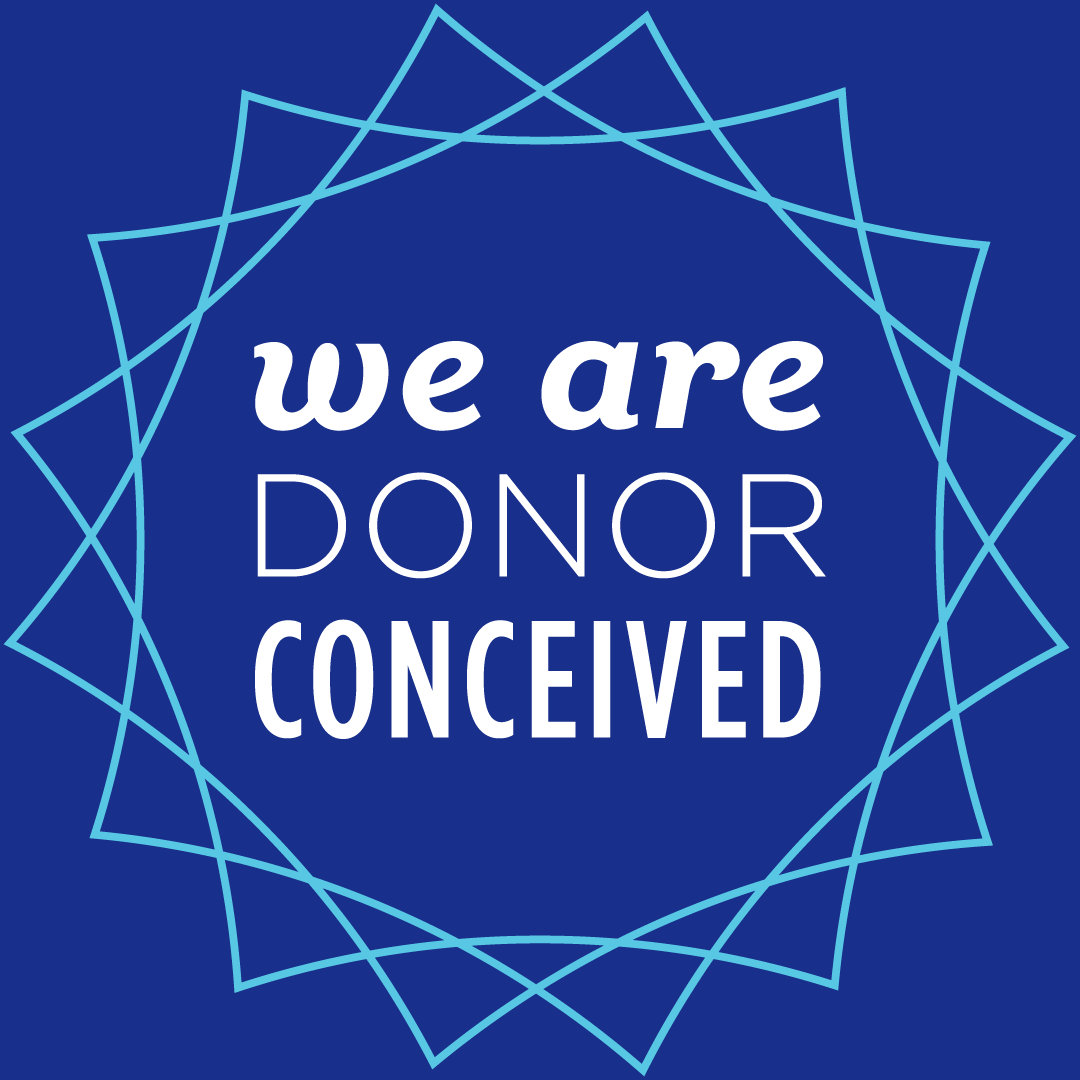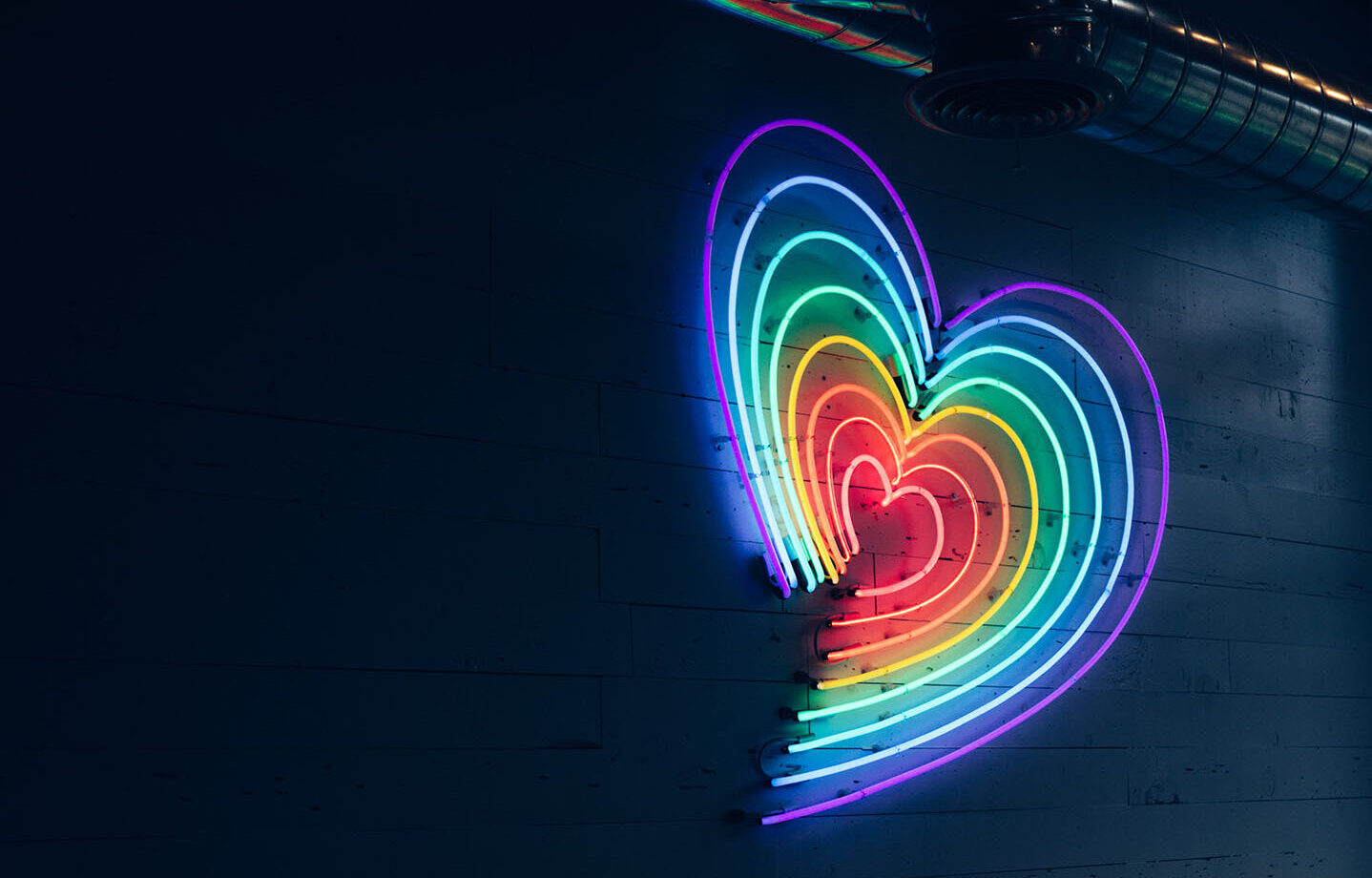Here Are Five Things You Can Do Right Now
1. Take a (really deep) breath
Right now you might feel numb, or strangely calm, or like your entire brain just exploded like thousands of fireworks accidentally going off at the same time. This is shock, and it is completely normal. Take a deep breath and channel all of that nervous energy into something active that makes you feel relaxed and happy, like a long walk or bike ride. This fuzzy-brained state of mind is temporary and it will eventually pass.
2. Tune into your emotions
Discovering you are donor conceived can bring on a wealth of different (and possibly conflicting) emotions. The best thing you can do is tune into your heart and face whatever you’re feeling head-on. Write down some notes, even if it’s just a point-form list of thoughts, questions, and raw emotions.
Don’t put any pressure on yourself to figure things out or “get over it”. Right now it’s important to welcome the inevitable onslaught of emotions and accept the experience for what it is: life-changing, singular, and probably difficult for most people to fully relate to.
3. Learn more about donor conception
One way to make sense of what it means to be donor conceived is to learn more about the practice and the experiences of other donor conceived people. Issue #1 of the We Are Donor Conceived magazine contains tips for navigating big feelings, building relationships, and finding answers through DNA testing.
4. Join a group for donor conceived people
Participating in discussion/support groups on Facebook, like the We Are Donor Conceived Facebook group, is a great way to connect with other donor conceived people, seek support, and learn about issues that affect the community. Even if you’re not ready to share your thoughts, it can be immensely helpful to read posts about what other people are going through.
5. Take a DNA test
Right now you might be looking for answers to questions like “who am I?” and “where did I come from?” Fortunately, you can answer some of these questions with a DNA test from 23andMe or AncestryDNA. Both options require a saliva sample to be sent to their lab for processing (by mail). Results can take several weeks, and may surprise you!
Many donor conceived people also use DNA tests to seek out family members (especially half siblings). Some people discover a match right away, others don’t. A good way to approach DNA testing is to focus on getting information about yourself, while being aware that someday, you might have a match. If finding family members is something you’re interested in, this Q&A has tips about how to start and where to go for help.
Discovering you are donor conceived is a deeply personal, life-changing event. As much as you can, be prepared to experience a spectrum of different emotions— positive, negative, and everything in between, often at the same time. Let the experience unfold, learn as much from it as you can, and know that you are not alone. Not even close.

